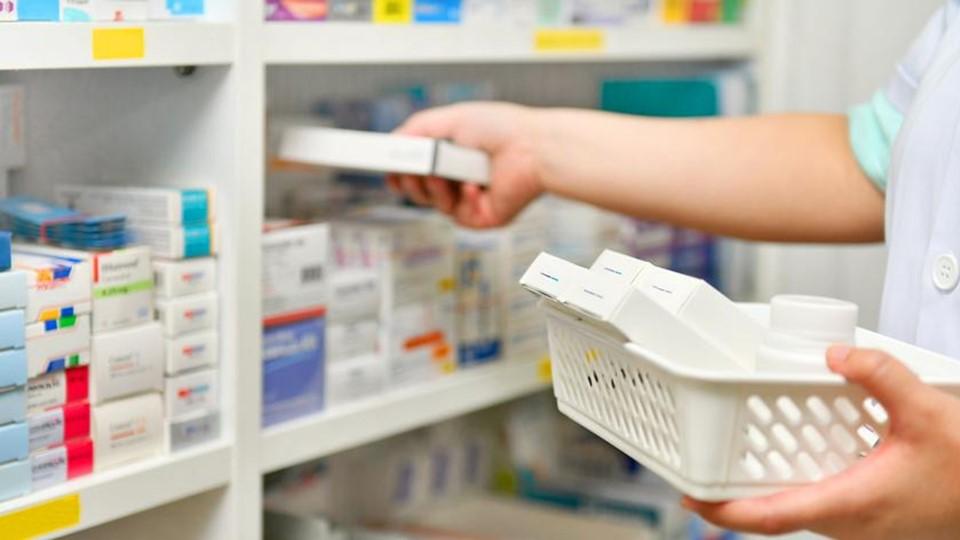Pharma faces pressure whoever wins Presidential race, warns Novartis chief

Novartis’ chief executive Joe Jimenez says the pharma sector should prepare for greater pressure on US prices, regardless of who is in the White House in 2017.
The Swiss firm is the world’s biggest pharma company, and relies on a number of high priced drugs, such as cancer treatments Glivec/Gleevec and Jakavi and MS drug Gilenya to maintain its revenue growth.
But a backlash against high priced drugs, and year-on-year price rises has been growing in the US in the last year or two. Jimenez believes this will come to a head after the November presidential elections, after which the new president will be inaugurated in January 2017.
Hillary Clinton and Donald Trump have both pledged to clamp down on price hikes, which the Novartis chief says means change is coming to the sector.
Jimenez told the Financial Times: “We believe that, no matter which candidate wins, we will see a more difficult pricing environment in the US. We all have to plan for new pricing models in the US that could help us ensure the sustainability of the system as the population ages.”
The company has already taken the initiative on using ‘pay for performance’ deals on its new heart failure treatment Entresto.
US health insurers Cigna and Aetna both agreed "value-based" pricing arrangements with the company in February. Cigna's payments to Novartis depend on Entresto's success in preventing costly hospitalisation in patients, however many other health insurers and pharmacy benefit managers have been sceptical about the concept.
Novartis’s share price has fallen 20% over the past 12 months, with the disappointing early take-up of Entresto in the US one of the biggest factors.
Jimenez’s comments were made as the company announced flat revenues in Q2, revenues from blockbuster leukaemia drug Glivec falling 25% compared to last year following the launch of generic versions earlier this year.
Jimenez says the company is nevertheless well prepared for the future, having restructured its business in recent months. He warns that those firms not prepared for a major shift in the US market will face major problems in the next few years.
On the question of the UK’s vote to leave the European Union – Brexit – Jimenez was more sanguine.
“We will continue to invest strongly in the UK despite the decision to exit the EU because we see very large areas of unmet medical need,” he said.
The company has a number of significant read-outs from its pipeline expected this year. These include data on ribociclib (LEE011) for hormone receptor positive HER2 negative advanced breast cancer. Its phase 3 trial was stopped early in May, and full data results will be presented at the ESMO cancer congress in October.











